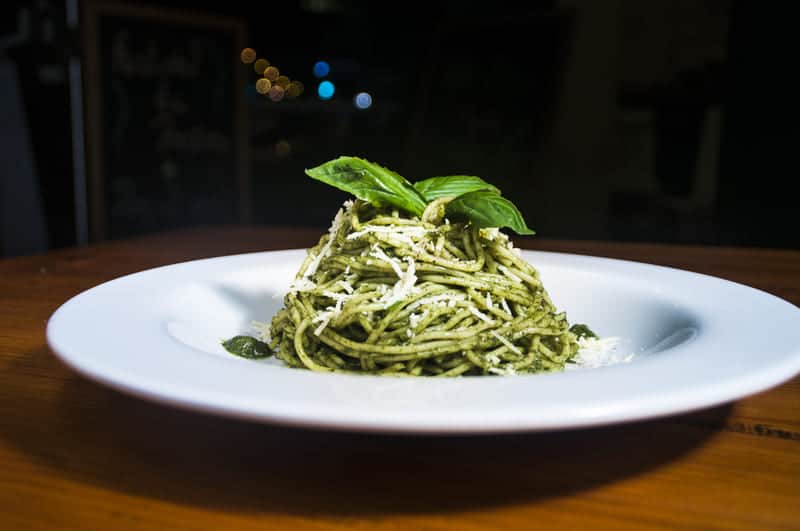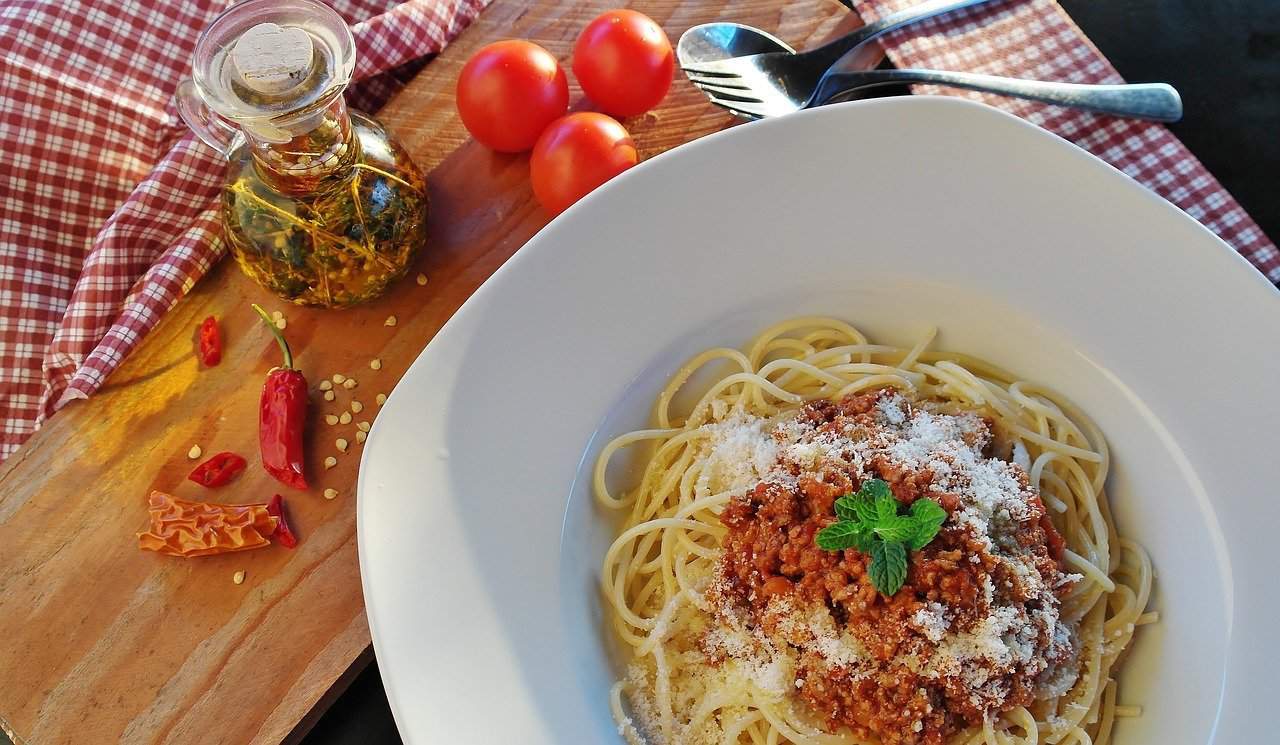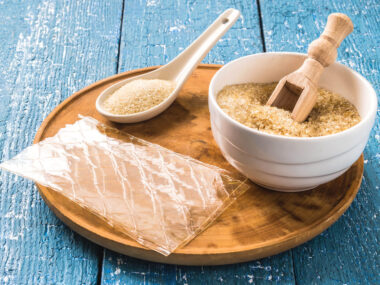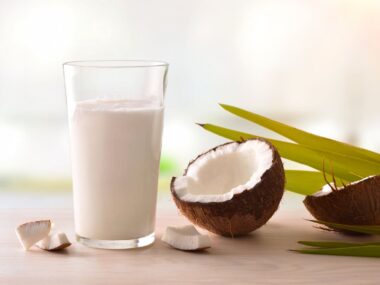Thanks to our Italian friends who generously shared their delightful cuisine in the world we get to enjoy delicious dishes in every restaurant or even at home. Some of the most favorite and popular Italian dishes are pasta dishes.
However, before we drool over Italian cuisine, there’s still a debate between pasta and spaghetti. Are they the same? Well, technically speaking, pasta and spaghetti are different.
Pasta is the generic term for any kind of pasta-based dish. Spaghetti, on the other hand, is a kind of pasta. Does that make sense to you? If not, read on to learn more.
Difference Between Pasta and Spaghetti
Pasta
When you say pasta, you’re referring to so many variants here. Italians use this term to call a type of food that is made with unleavened flour, eggs, and water which are formed into various shapes.
This simple pasta recipe can shape up a number of pasta variants like macaroni, rigatoni, penne, carbonara, ravioli, lasagna, and including the spaghetti.
These are then boiled to accomplish that al dente bite, a term used when the pasta is cooked to pure perfection. Not too mushy, not too hard, just the right kind of bite that will hook you for a different culinary ride of your life.
Spaghetti
Spaghetti is a type of pasta that belongs to the strand variant. It has a long, thin, and cylindrical pasta strand that most of us are familiar with.
It’s one of the most common pasta in Italian cuisine. Hence, it has been brought to fame around the world together with its perfect pairing of spaghetti sauce.
Nowadays, you can see many variants of spaghetti. The thicker variant is the spaghettoni, while the thinner variant is capellini. Spaghetti is no doubt world-famous. You can easily find it in every grocery market around the world.
| Characteristics | Pasta | Spaghetti |
| Ingredients | Usually made out of white or wheat flour, water, and eggs. The type of flour changes according to which type of pasta you’re making. Some pasta has its own preferred flour to use. | It’s made out of typical wheat flour, semolina, which explains its solid form. Other types of flour can be used but to achieve an al dente taste when cooked, semolina flour is highly preferred. |
| Sizes | Pasta comes in different sizes. There are big sheets of pasta and small rolls of pasta as well. An example of a big pasta variant is lasagna sheets while a smaller variant is macaroni. | Spaghetti has a long and thin size almost identical to typical noodles. However, it’s more solid and compact when cooked. |
| Shapes | From a single dough, you can create different variants of pasta shapes. One of the remarkable ones is tortellini (looks like a pocket), rotelle (looks like a wheel), bow tie, shell, and orecchiette (looks like a mini flatbread). | The spaghetti has a cylindrical shape all uniformed into a perfect pasta strand. |
| Texture | Since all of the pasta has the same ingredients, it pretty much has the same texture. When not cooked, the dough resembles playdough but smoother and softer. When cooked right, it has an al dente or firmer bite. | Just like any pasta, spaghetti shares the same texture. It has a smooth and soft dough when raw and a firmer texture when cooked al dente. |
| Aroma | Most pasta has a milder aroma that doesn’t overpower in the kitchen when cooked. You smell a mixture of flour and eggs all at the same time, but very subtle. That’s the reason why adding a pasta sauce helps enhance its aroma. | Spaghetti has also a milder aroma as well. If you don’t get too close while it’s cooking, you won’t even smell what it’s like. |
| Taste | Pasta is made to be bland with a very subtle taste when added with a dash of salt. It’s designed that way so it can pair up very well with other pasta sauces without making it too salty. Making the pasta absorb all the flavors from the pasta sauce. | Spaghetti is mostly bland but if you make it at home, you can add more salt to the dough just to have a taste. But it’s highly recommended to be bland so it blends well with bolognese or spaghetti sauce. |
You can’t simply call pasta just spaghetti because there are different kinds of pasta out there. But, you can call spaghetti pasta because it’s one of the many variants of pasta. So, spaghetti is considered pasta and pasta can be anything including the spaghetti.
FAQs
Which is healthier, pasta or spaghetti?
They’re both healthy. Nowadays, grocery stores sell many pasta or spaghetti variants flavored with spinach, carrots, and other vegetables.
Some would use different flour-like gluten-free and wheat flour for a healthier alternative. You can also try changing up the recipe at home and meet your needs.
Which is easier to make, pasta or spaghetti?
Spaghetti would be an easier choice. It doesn’t require making too many shapes to make which can be time-consuming.
It only requires you to have perfect precision in cutting the dough into long, thin, and cylindrical strips. Or might as well purchase a spaghetti cutter for convenience.
There are other pasta variants that are harder to make because of their shape for example rotelle and macaroni.
Can you use another sauce for spaghetti other than tomato sauce?
Yes, of course. You can use garlic oil, carbonara sauce, pesto, and other types of pasta sauce that you can think of. Spaghetti is very flexible and easy to match with any type of pasta sauce.
Let’s Have Some Pasta
Hopefully, this article can help you distinguish between pasta and spaghetti in the future. They are similar. However, always remember the technical aspects that make them completely different.
Other than enjoying your favorite pasta dishes, it pays to learn and get acquainted with what we are putting in our stomachs.





1 comment
I would never confuse spaghetti to mean all the different shapes the way pasta does, so your point in the article is well taken. But as an Italian American growing up in New York, we rarely used the term pasta until it became in vogue in the late 1980’s and 90’s. If we meant no specific type, we called it generically macaroni. However, I have heard that in some parts of the US macaroni for some reason only refers to elbow macaroni. A final thought on “Spaghetti” while it is a particular type of pasta, I have seen it used generically, to mean any long pasta, including linguine, capellini, bucatini etc.